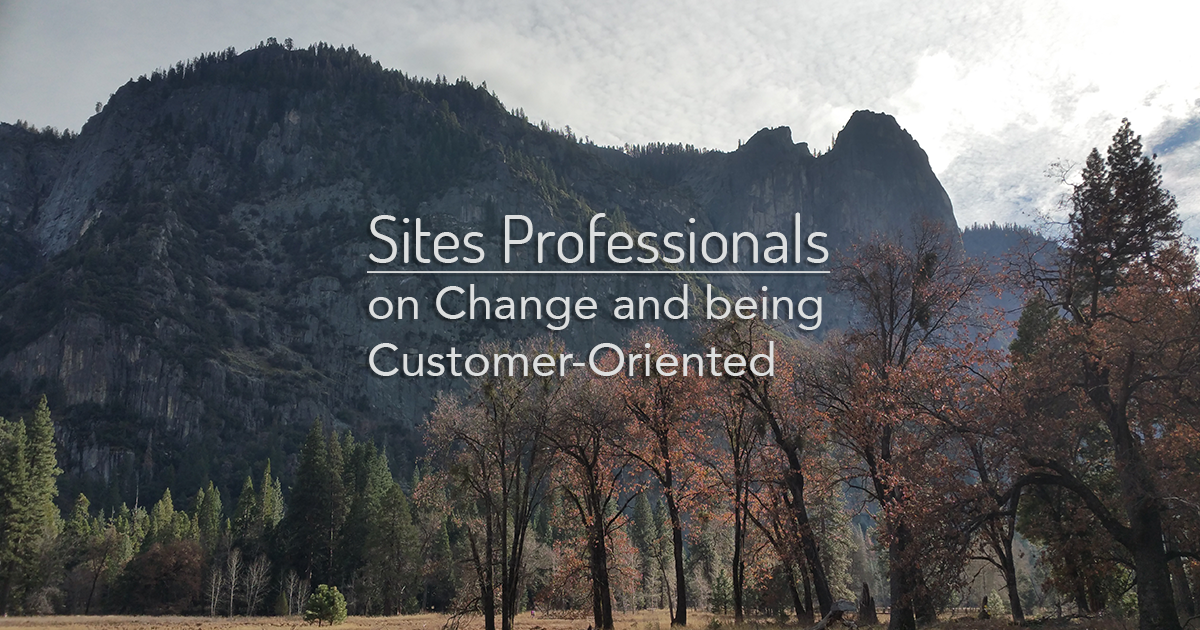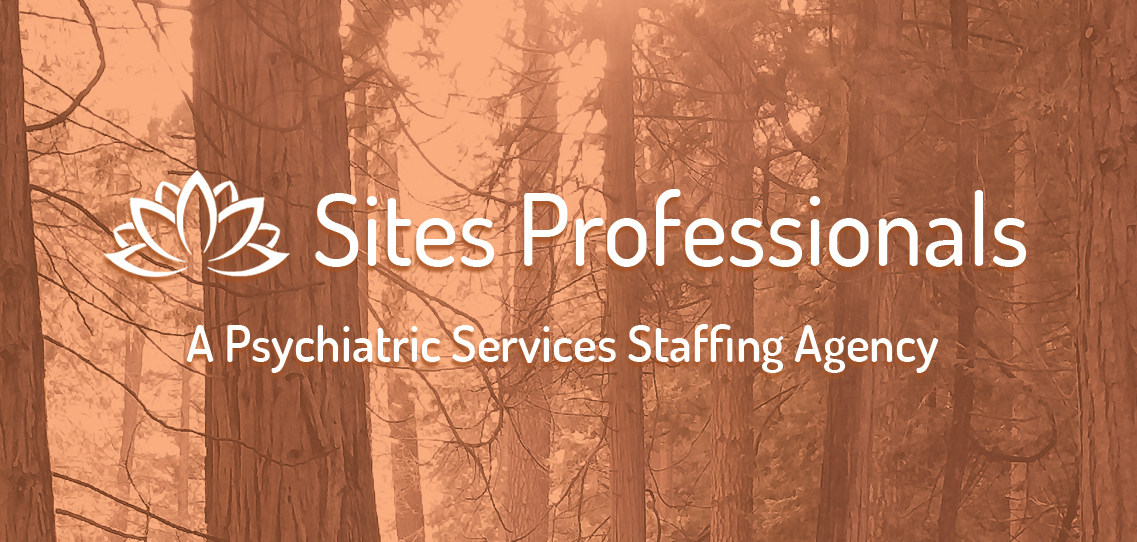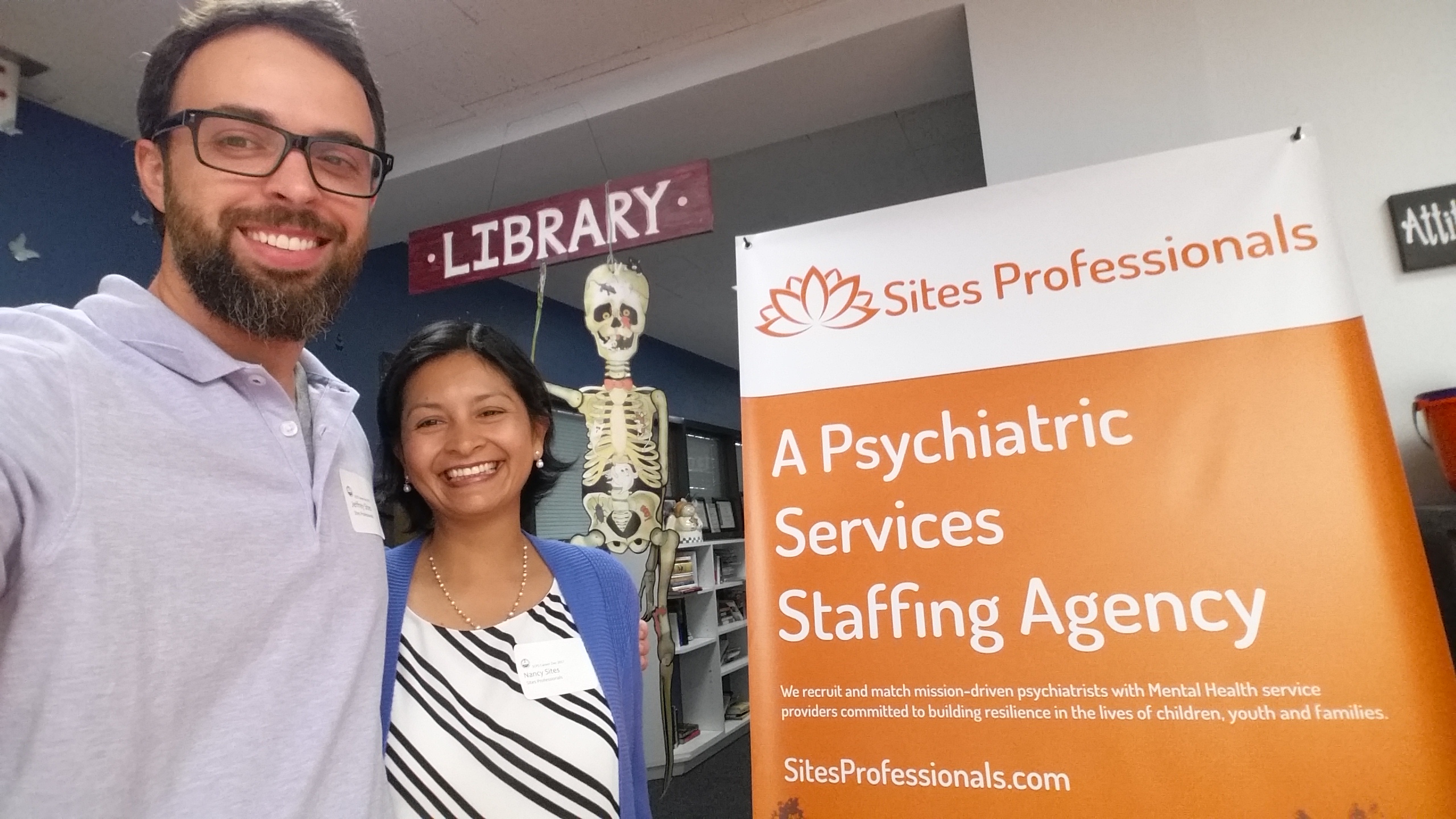The pace of change in the field of mental health can be disorienting. It is an industry tied closely to the whims of public policy makers and influenced by public perceptions.
Reimbursement rates fluctuate. Rules for access to care are continually tweaked and amended. News of epidemics, such as homelessness and opioid addiction, spur public action that bring both opportunities and challenges to mental health care providers.
Change is to be expected in any industry. When it occurs, it becomes clear that some businesses have better positioned themselves than others to deal with it. But how? Is it luck? Probably not.
‘Adaptability’ is the easy answer to how some businesses successfully deal with change. But what does that look like in a non-profit mental health services agency or in a practitioner?
For this post we are looking at agencies. Business schools teach the concept of having a “Customer-Oriented” business model. This is in contrast to the “Product-Oriented” approach in which a business focuses on the goods and services it provides today in order to find ways to improve them. The product approach plans only for a future in which the business’ services remain relevant. This is a fine strategy for an unchanging industry. Of course, all industries change.
Instead, by building your business around the needs of customers you are better positioned to weather periods of change. You gain a clearer view of the value you are providing to your clients. You are focused on delivering what they need, so you are the first to know when those needs start to change. Refining your business with this in mind requires dedicating time and money to analyzing the work you do and how it might change with the needs of your customers over time. This is a structural challenge that requires buy-in at all levels of your organization. Front line staff are your eyes and ears, and must communicate client feedback to managers. They must also be prepared to routinely adapt to changes in procedure. Management must attend to training employees for change, while they keep an eye on the big picture.
For mental health service providers it boils down to maintaining a balanced team of prescribers and support staff, and being prepared to rebalance and retrain your team on a regular basis. Maximizing the value of your team allows your agency to thrive while providing the best quality of care to your clients. It isn’t rocket science, but it can be daunting. We can help.






